Spellcasting has always been a bit of convoluted matter in Dungeons and Dragons - even in the days of Pool of Radiance (the ![]() Gold Box version - not the later Ubisoft reimagining) when there were only two spellcasting classes! Instead of magical crystals determining what spells you have access to, and a pool of “Magic Points” fueling these spells, in Dungeons and Dragons your spellcasting ability comes down to what spells you know, which of those spells you have prepared, and how many spell slots of various spell levels you have. All of these - and indeed, spellcasting in Baldur’s Gate 3 in general - will be discussed on this page.
Gold Box version - not the later Ubisoft reimagining) when there were only two spellcasting classes! Instead of magical crystals determining what spells you have access to, and a pool of “Magic Points” fueling these spells, in Dungeons and Dragons your spellcasting ability comes down to what spells you know, which of those spells you have prepared, and how many spell slots of various spell levels you have. All of these - and indeed, spellcasting in Baldur’s Gate 3 in general - will be discussed on this page.
Spellcasting classes typically have access to Cantrips as well as a varying number of spells they know and spells they can prepare.
Class Spells in BG3¶
Most of the classes in Baldur’s Gate 3 gain some form of spellcasting ability, including the Bard, Cleric, Druid, Sorcerer, Warlock and Wizard, as well as the Paladin and Ranger, albeit after leveling up a few times. Regardless of the class, there are several overarching aspects of spellcasting that each class has in common, including how many spells that spellcasting class knows, how many of those known spells they can prepare, how many spell slots they have per spell level, and what Ability Score they use to determine their spellcasting efficacy. Below will provide a summary for each class, then discuss each category:
| Class | Spells Known | Spells Prepared | Ability Score |
|---|---|---|---|
| Bard | Limited | All known | Charisma |
| Cleric | All Cleric Spells | Limited | Wisdom |
| Druid | All Druid Spells | Limited | Wisdom |
| Paladin | All Paladin Spells | Limited | Charisma |
| Ranger | Limited | Limited | Wisdom |
| Sorcerer | Limited | All Known | Charisma |
| Warlock | Limited | All Known | Charisma |
| Wizard | Limited (plus Scrolls) | Limited | Intelligence |
Leveling up in a spellcasting class can give you access to more Cantrips, more spells known, more spell slots, and access to higher-level spells. The Paladin and Ranger do not gain spellcasting ability until 2nd-level, and have a notably limited spell-selection and advancement, making them at best secondary spellcasters.
Depending on your class, different Ability Scores will affect how competent you are at casting spells - either Intelligence, Wisdom or Charisma.
Spellcasting Ability Score¶
Each class has an Ability Score that determines their spellcasting competence. They use this Ability Score modifier to determine the Difficulty Class of Saving ![]() Throws for spells they cast (the higher the Saving Throw DC, the less likely the enemy is to resist or avoid the spell’s effects), Attack Rolls made with spells cast and, in the case of classes that have to prepare spells (Cleric, Druid, Paladin and Wizard), how many spells they can prepare at one time. Suffice to say, if you want to be a decent caster, you’re going to want to invest some points into your classes’ spellcasting Ability Score.
Throws for spells they cast (the higher the Saving Throw DC, the less likely the enemy is to resist or avoid the spell’s effects), Attack Rolls made with spells cast and, in the case of classes that have to prepare spells (Cleric, Druid, Paladin and Wizard), how many spells they can prepare at one time. Suffice to say, if you want to be a decent caster, you’re going to want to invest some points into your classes’ spellcasting Ability Score.
Spell Levels¶
Spells are organized - roughly by potency - into different levels. In an ideal world, a 3rd-level spell is more powerful than a 1st-level spell, but in the harsh reality of game balance, that ideal isn’t always realized. In any case, as you level up in a spellcasting class, you’ll gain access to higher-level spells. Most classes have a variable number of spell slots per spell level, learning higher level spells later and consequently having fewer spell slots for those spell levels. For example, here are the spell slots by spell level a Wizard has access to from 1st-level to 5th-level:
| Class/Level | 1st-level | 2nd-level | 3rd-level |
|---|---|---|---|
| 1st-level Wizard | 2 | – | – |
| 2nd-level Wizard | 3 | – | – |
| 3rd-level Wizard | 4 | 2 | – |
| 4th-level Wizard | 4 | 3 | – |
| 5th-level Wizard | 4 | 3 | 2 |
A 1st-level Wizard has 1st-level spell slots (2), but no 2nd-level or 3rd-level spell slots, and hence they cannot cast any of those spells. A 5th-level Wizard, however, can cast 1st-level spells (4), 2nd-level spells (3) and 3rd-level spells (2).
Cantrips are weak spells that can be cast an unlimited number of times without resting.
Cantrips¶
In addition to the numbered spell levels each class has access to, most spellcasting classes (save for understudies like Paladin and Ranger) gain access to a handful of Cantrips. Cantrips, unlike other, more powerful spells, differ in a few key ways. Each class has a limited selection of Cantrips they know, and they can cast these known Cantrips as many times as they wish without needing to rest, as opposed to other spells which have a limited number of spell slots that only replenish every time they rest. Since a caster’s ability to use Cantrips is effectively infinite, their effects are suitably limited, usually giving minor buffs, dealing limited damage to one target (usually in-line with what other characters can deal with ranged or melee weapons) or create minor effects like ![]() Light.
Light.
Some races gain access to a Cantrip regardless of their class.
Most spellcasting classes have a limited number of spells known - Clerics, Druids and Paladins automatically know all spells their class and level give them access to.
Spells Known¶
Many classes only know a limited selection of spells from their classes’ list of potential spells, gaining more every time they level up. Clerics, Druids and Paladins automatically know all the spells available to them, provided they’re a high enough level to cast said spells, whereas Bards, Rangers, Sorcerers, Warlocks and Wizards have to choose the spells they know. Spellcasters can only choose to prepare spells they know (assuming they have to prepare spells at all), and all spellcasters who have a limited knowledge of spells typically can choose more spells they know every time they level up. Spellcasters can typically only know spells they have access to, so when you level up and can pick new spells for your character to know, you can’t select spells from a higher spell level than they currently have access to.
For example, here are the spells a 1st-level to 5th-level Sorcerer knows:
| Class/Level | Spells Known |
|---|---|
| 1st-level Sorcerer | 2 |
| 2nd-level Sorcerer | 3 |
| 3rd-level Sorcerer | 4 |
| 4th-level Sorcerer | 5 |
| 5th-level Sorcerer | 6 |
A 1st-level Sorcerer knows two spells, a 3rd-level Sorcerer knows four spells, and a 5th-level Sorcerer knows six spells. Let’s say there are a dozen or so 1st-level spells Sorcerers have access to, but a specific 1st-level Sorcerer might know ![]() Feather Fall and
Feather Fall and ![]() Magic Missile, their two alloted known spells.
Magic Missile, their two alloted known spells.
Sorcerers with Draconic Ancestry have access to additional spells depending on the exact nature of their dragon ancestor, in addition to other spells they’re entitled to.
Sorcerers with a Draconic Bloodline (as opposed to the default Wild Magic subclass) gain access to various spells depending on the type of dragon they’re related to. They know these spells in addition to whatever spells they’re entitled to. A list of the spells Sorcerers with a Draconic Bloodline have access to in the Early Access version of the game can be found below:
| Draconic Ancestry | Spell |
|---|---|
| White | |
| Blue | |
| Black | |
| Green | |
| Red | |
| Copper | |
| Brass | |
| Bronze | |
| Silver | |
Some classes have to prepare spells - selected spells from a list of their known spells that they have immediate access to. You can select what spells you have prepared via your spellbook.
Spells Prepared¶
Clerics, Druids, Paladins and Wizards have to prepare spells before they can be cast. The Bard, Ranger, Sorcerer and Warlock do not prepare spells - all spells they know are considered prepared and they can freely cast them provided they have the unused spell slots. To prepare spells, just go into your spellbook (default hotkey: 
![]() Prepare Spells” button, then select which of your known spells you want to prepare.
Prepare Spells” button, then select which of your known spells you want to prepare.
You cannot prepare spells you do not know, and you cannot cast spells you don’t have prepared. Most classes gain access to more spells they can prepare as their level increases. Clerics, Druids, Paladins and Wizards gain a bonus to the number of spells they can have prepared based on their spellcasting Ability Score (Wisdom, Wisdom, Charisma and Intelligence, respectively).
Clerics can choose between several domains, dictated by what deity they worship. Different Domains give the Cleric access to Domain Spells, which are always considered prepared for casting purposes.
(1 of 3) Most classes have limited spell slots per spell level - you can only cast spells if you have unused spell slots for that spell level. These are denoted by blue squares on the action bar.
Spell Slots¶
There are no Magic Points in Dungeons and Dragons. Aside from Cantrips, which are unlimited, your Spell Slots determine how many spells you can cast. Most spellcasting classes have a different number of spell slots per spell level, indicating how many times they can cast spells of that level. Expended spell slots are recovered upon resting, requiring a long rest for every class save the Warlock. For example, let’s return to the spell slots by spell level a Wizard has access to from 1st-level to 5th-level:
| Class/Level | 1st-level | 2nd-level | 3rd-level |
|---|---|---|---|
| 1st-level Wizard | 2 | – | – |
| 2nd-level Wizard | 3 | – | – |
| 3rd-level Wizard | 4 | 2 | – |
| 4th-level Wizard | 4 | 3 | – |
| 5th-level Wizard | 4 | 3 | 2 |
A 1st-level Wizard has two 1st-level spell slots, meaning they can cast two 1st-level spells before having to take a Long Rest to recover expended spell slots. A 5th-level Wizard, however, has four 1st-level spell slots, three 2nd-level spell slots and two 3rd-level spell slots - they can cast all nine of these spells every time they take a Long Rest. In the case of classes that have to prepare spells (Clerics, Druids, Paladins and Wizards), only prepared spells can be cast - it’s an ideal time to check what spells you have prepared before resting, as after finishing your rest any newly-prepared spells will be available.
Warlocks function a bit differently than other spellcasters. They have a painfully low number of spell slots - only one at 1st-level, and only two up until 11th-level. The Warlock’s spell slots level up with, giving them access to higher level spells as the Warlock progresses, eventually topping out at 5th-level spell slots when the Warlock reaches 9th-level. Any spell a Warlock casts uses the same spell slots. On the plus side, Warlocks regain these expended spell slots every time they take a Short Rest.
Wizards can use the Arcane Recover class ability to replenish expended spell slots.
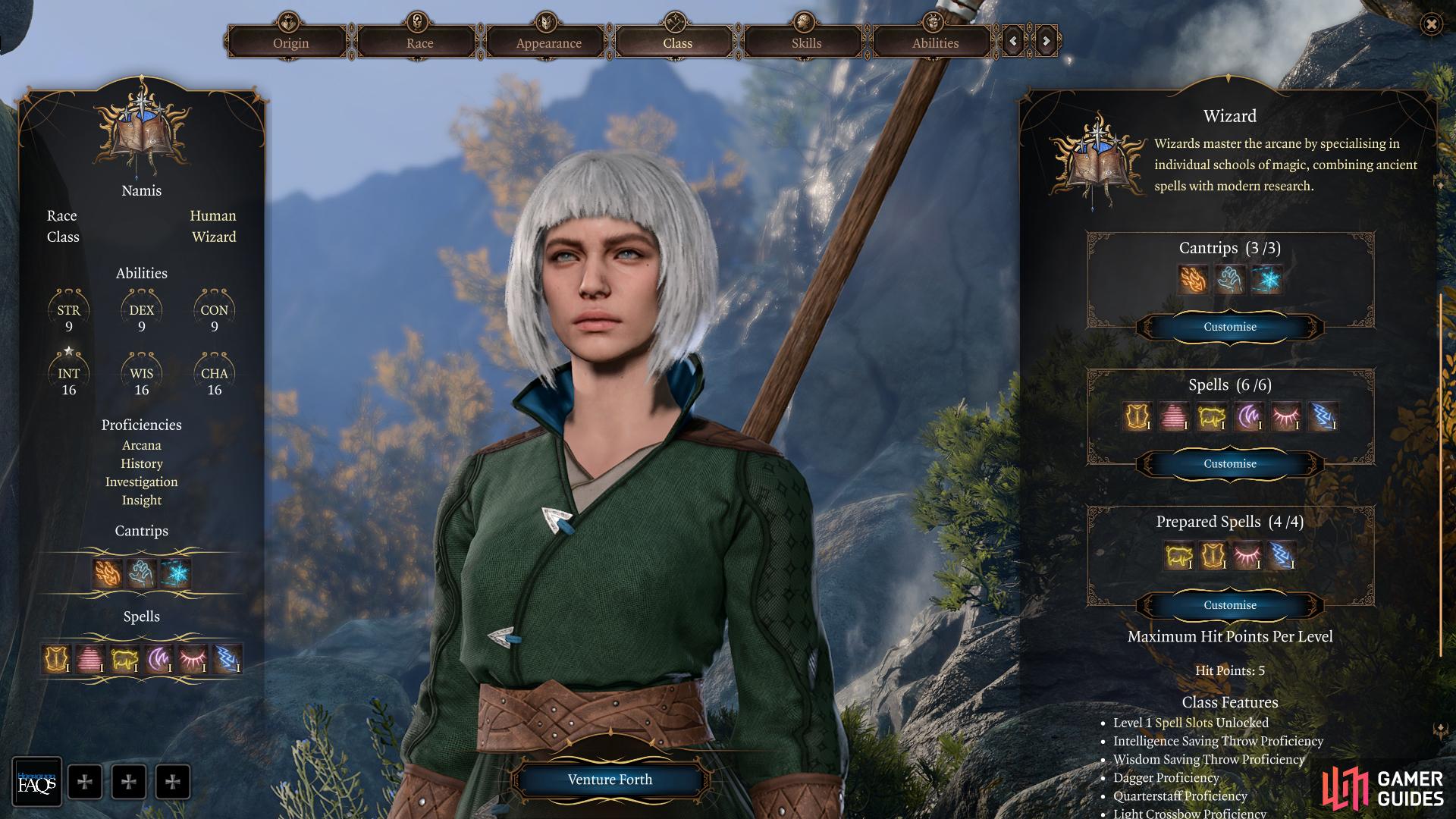
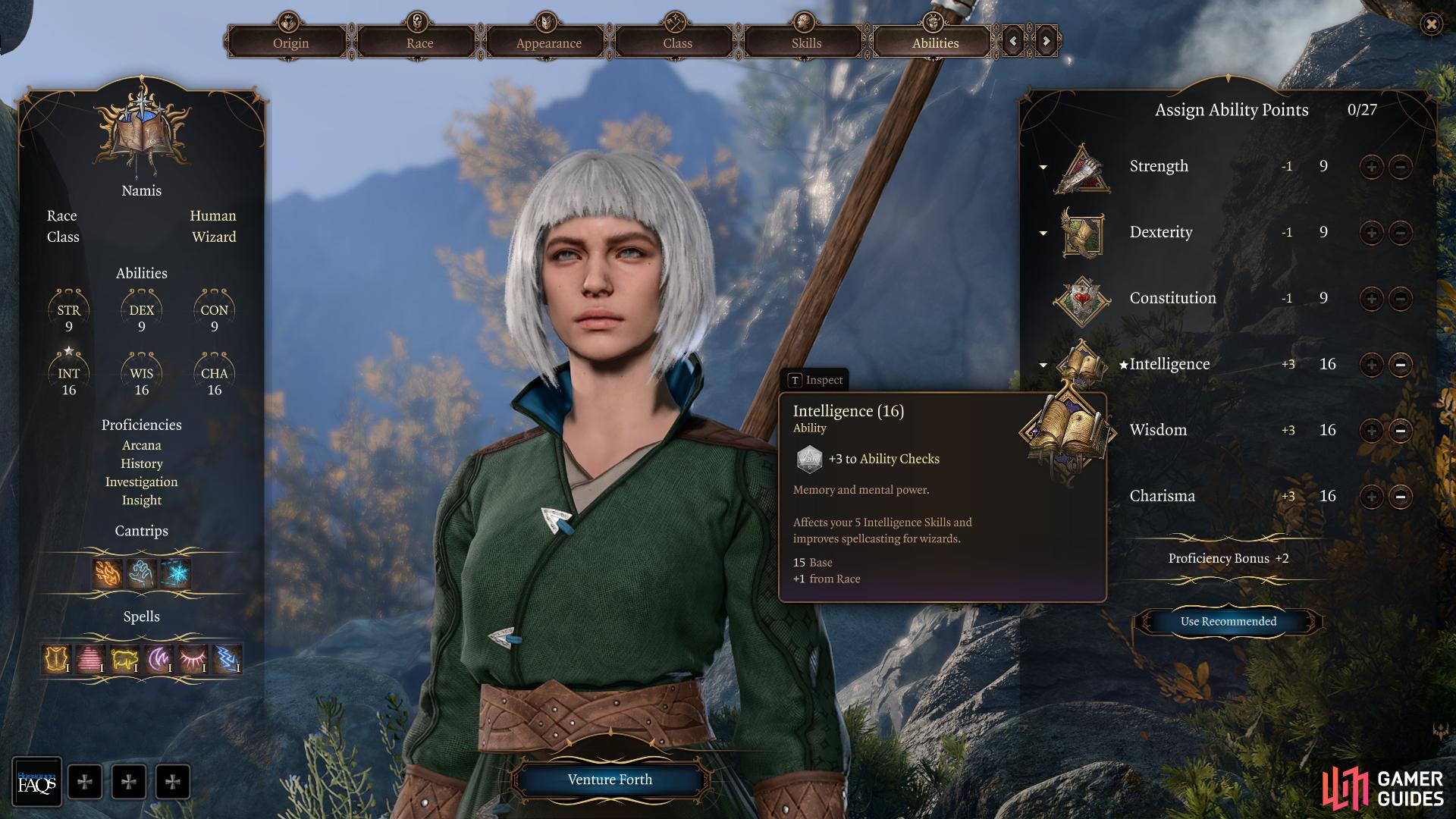
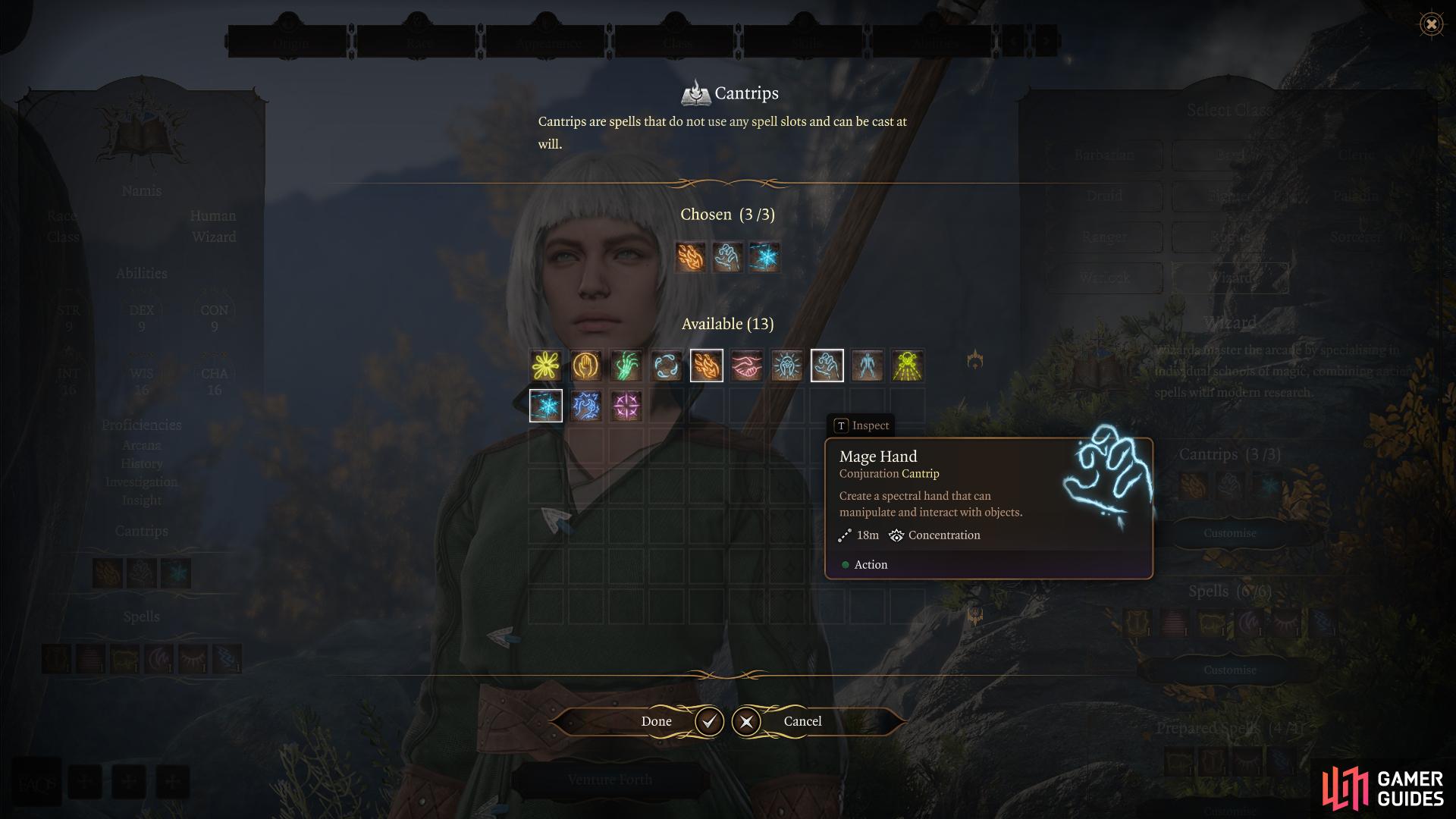
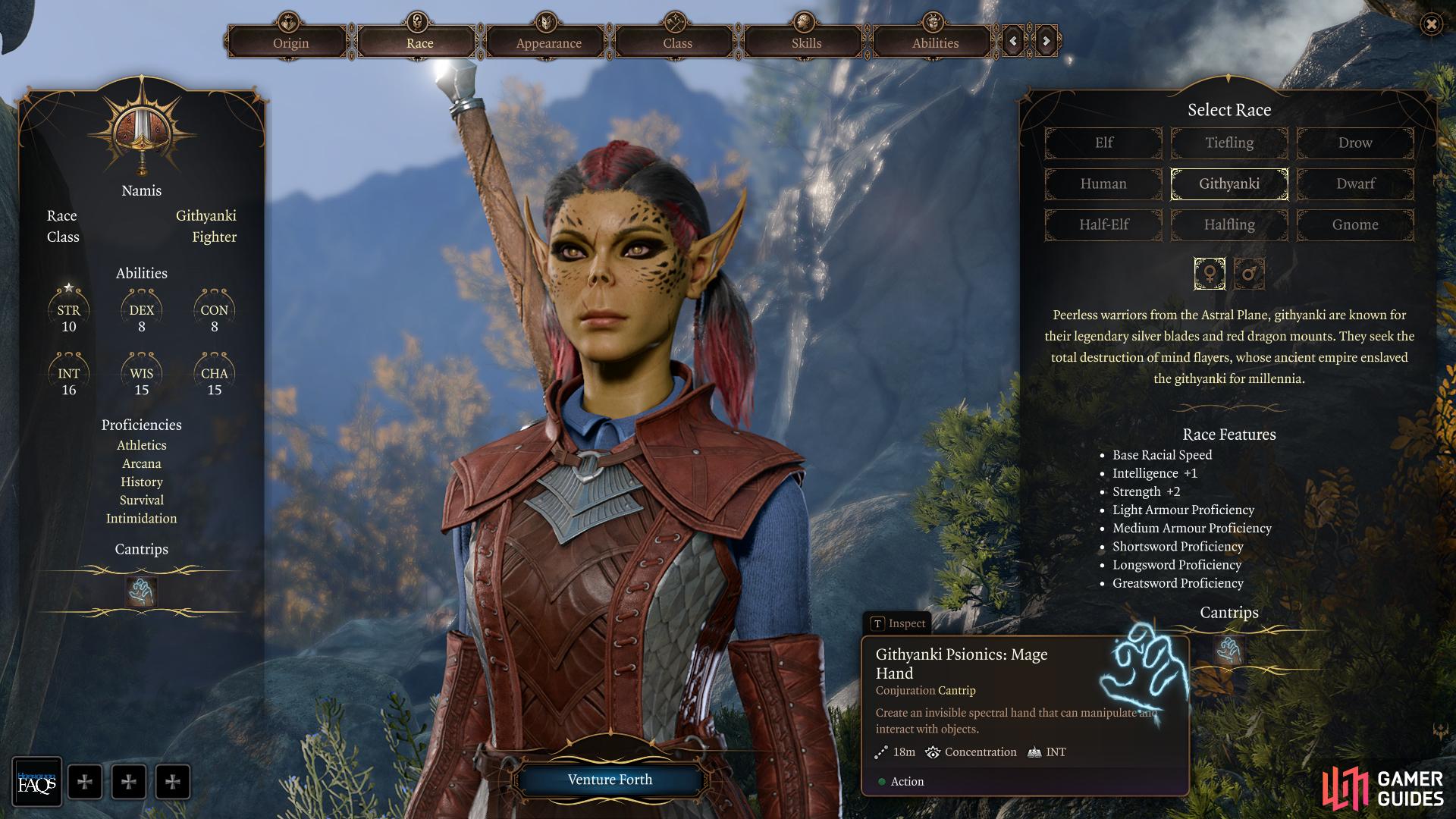
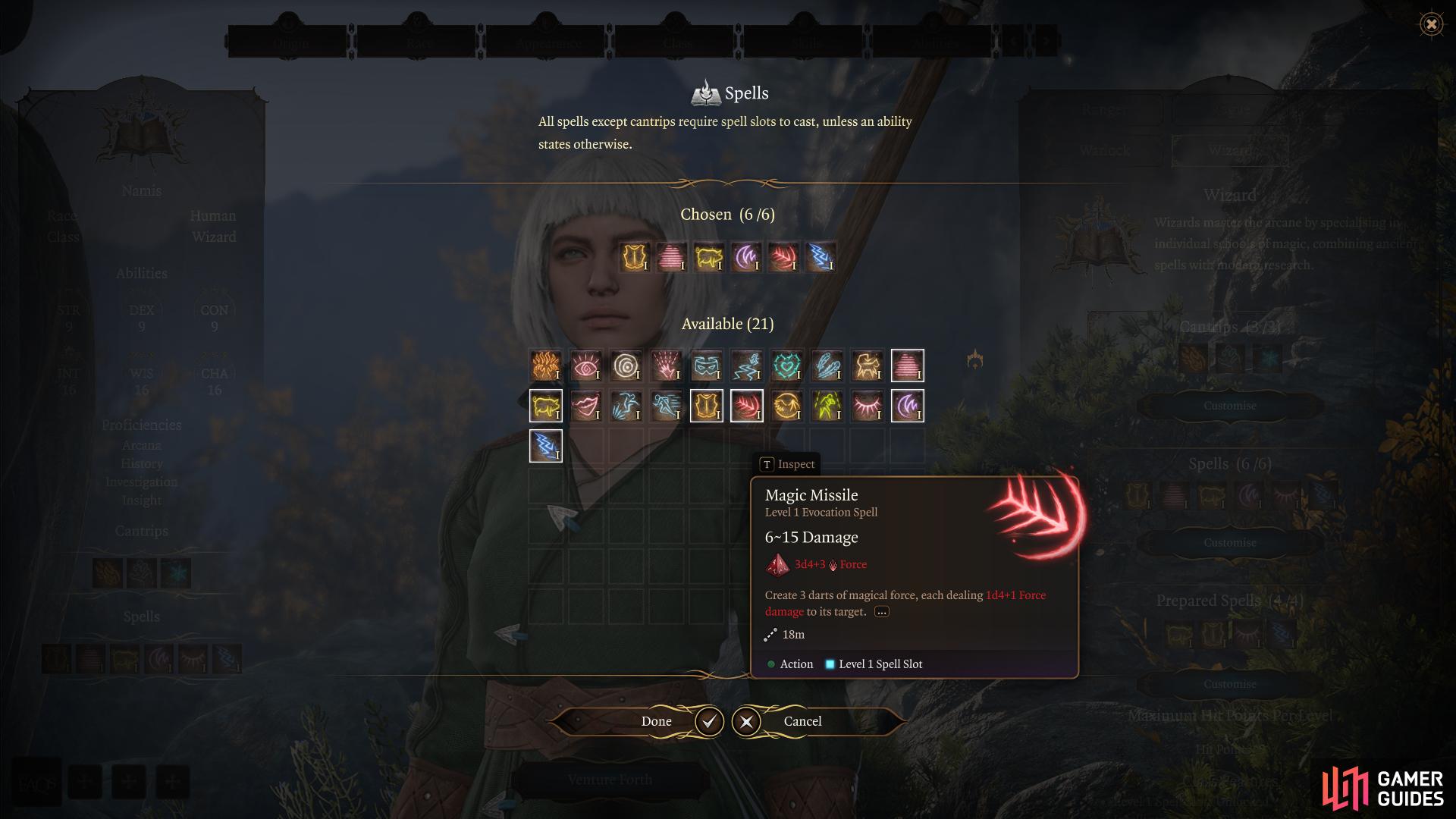
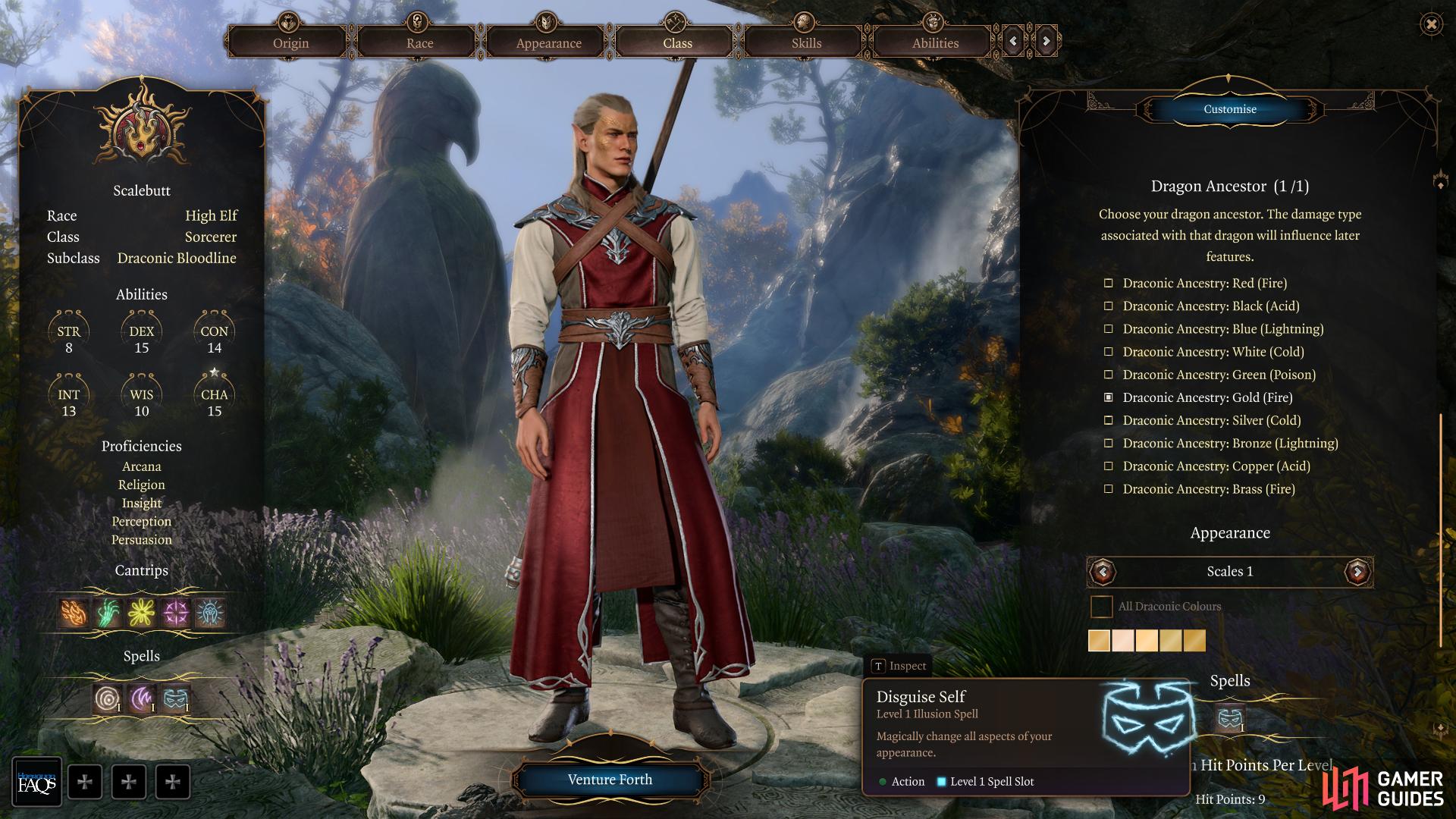
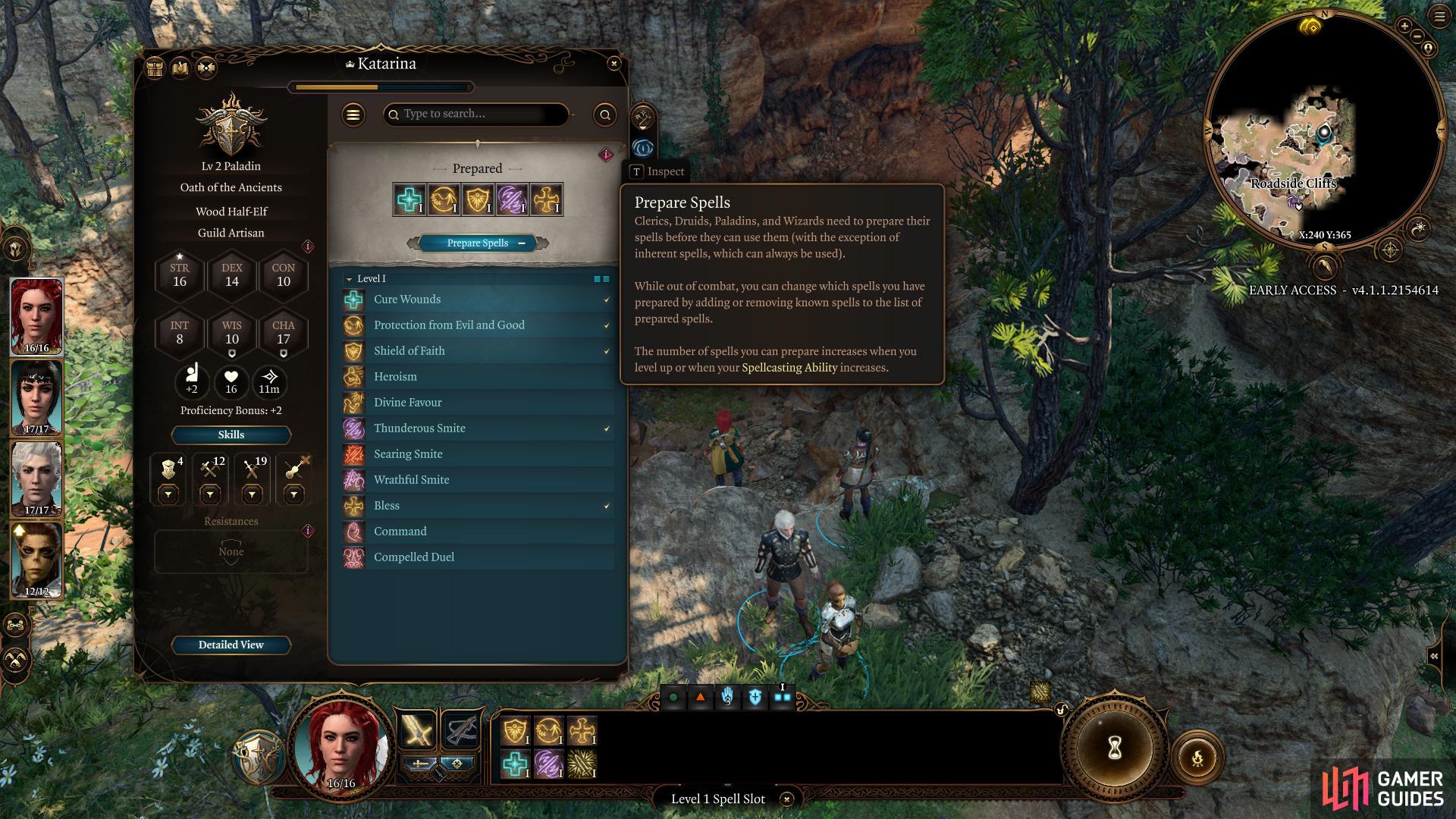
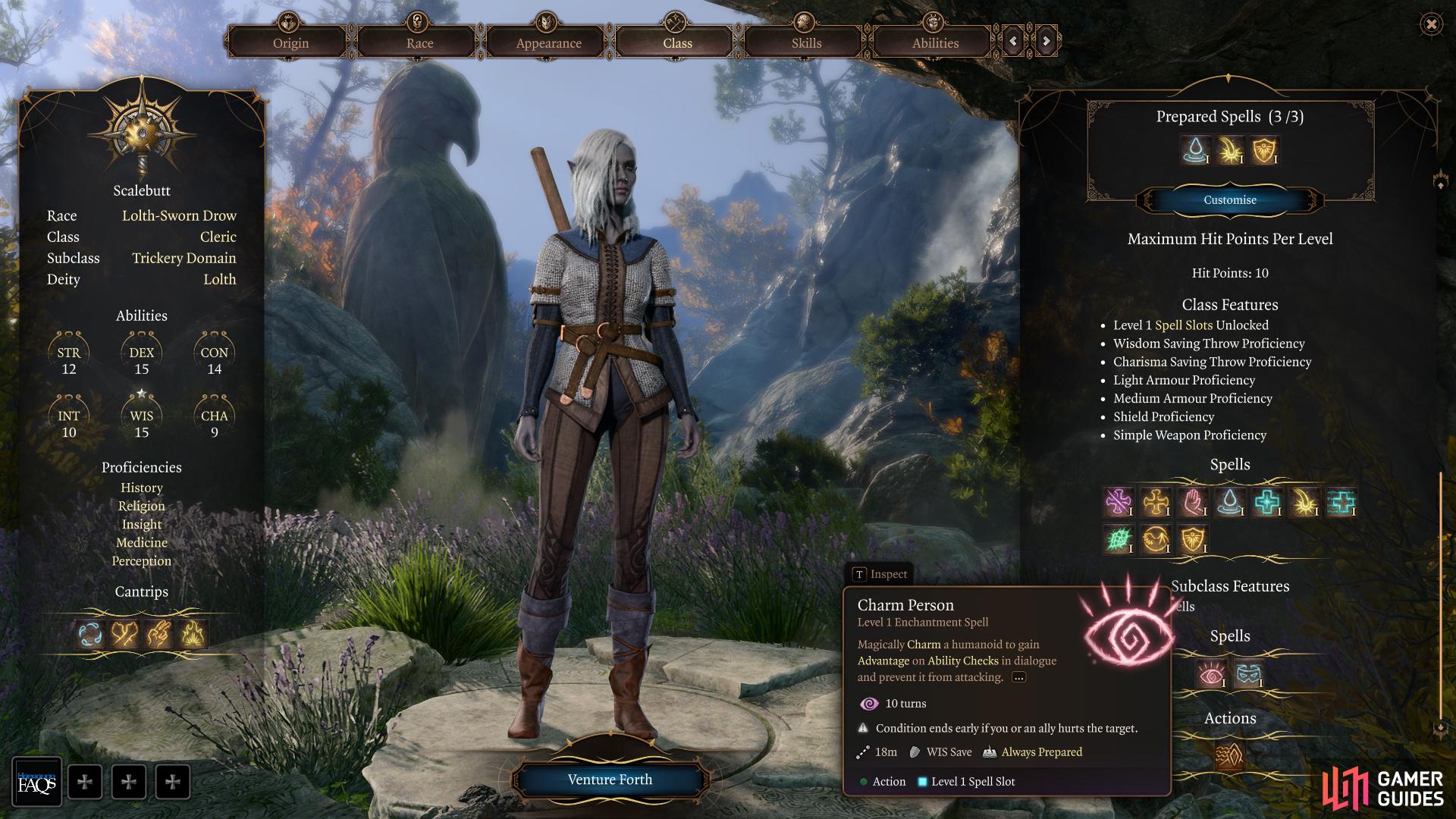
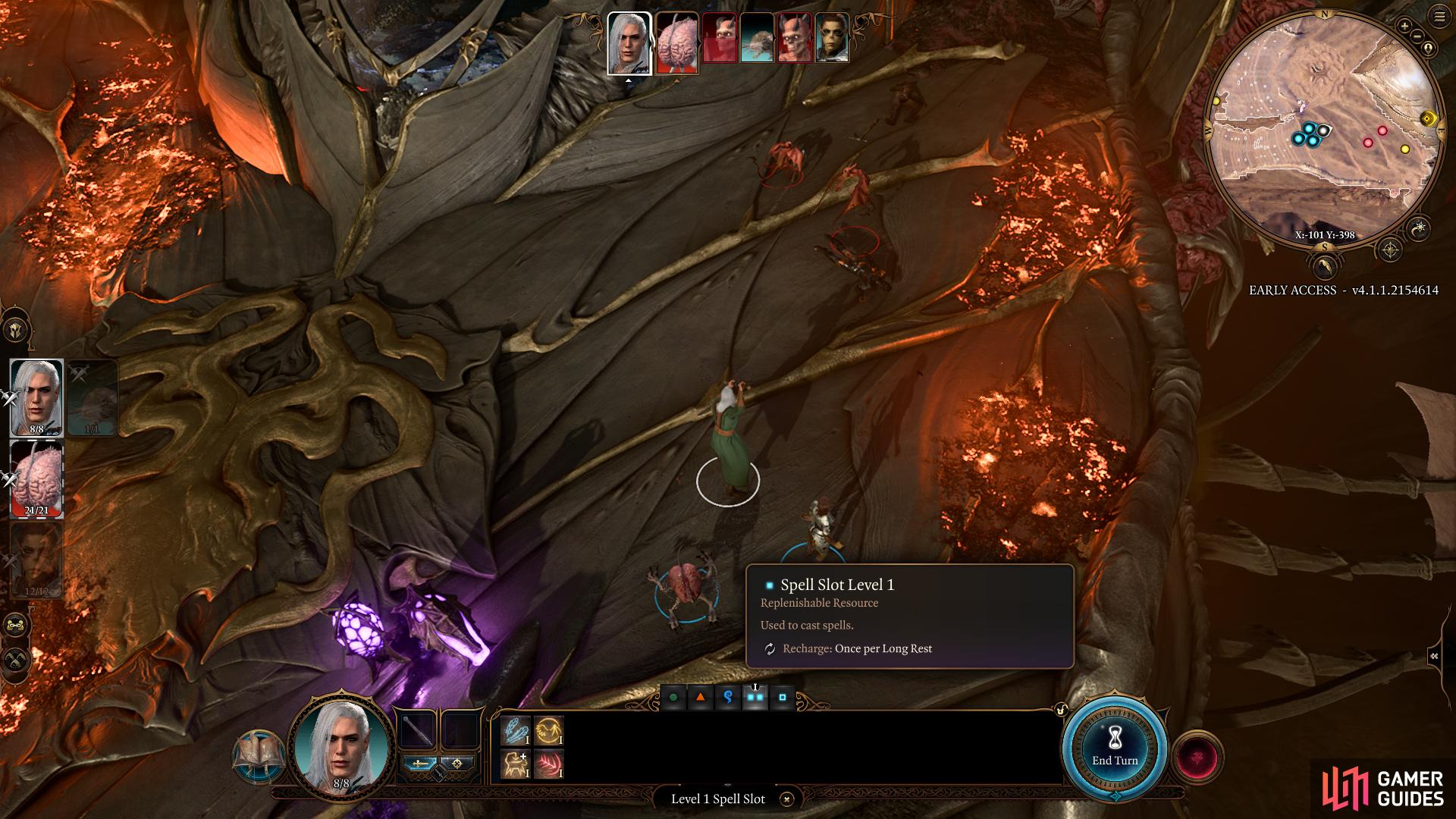
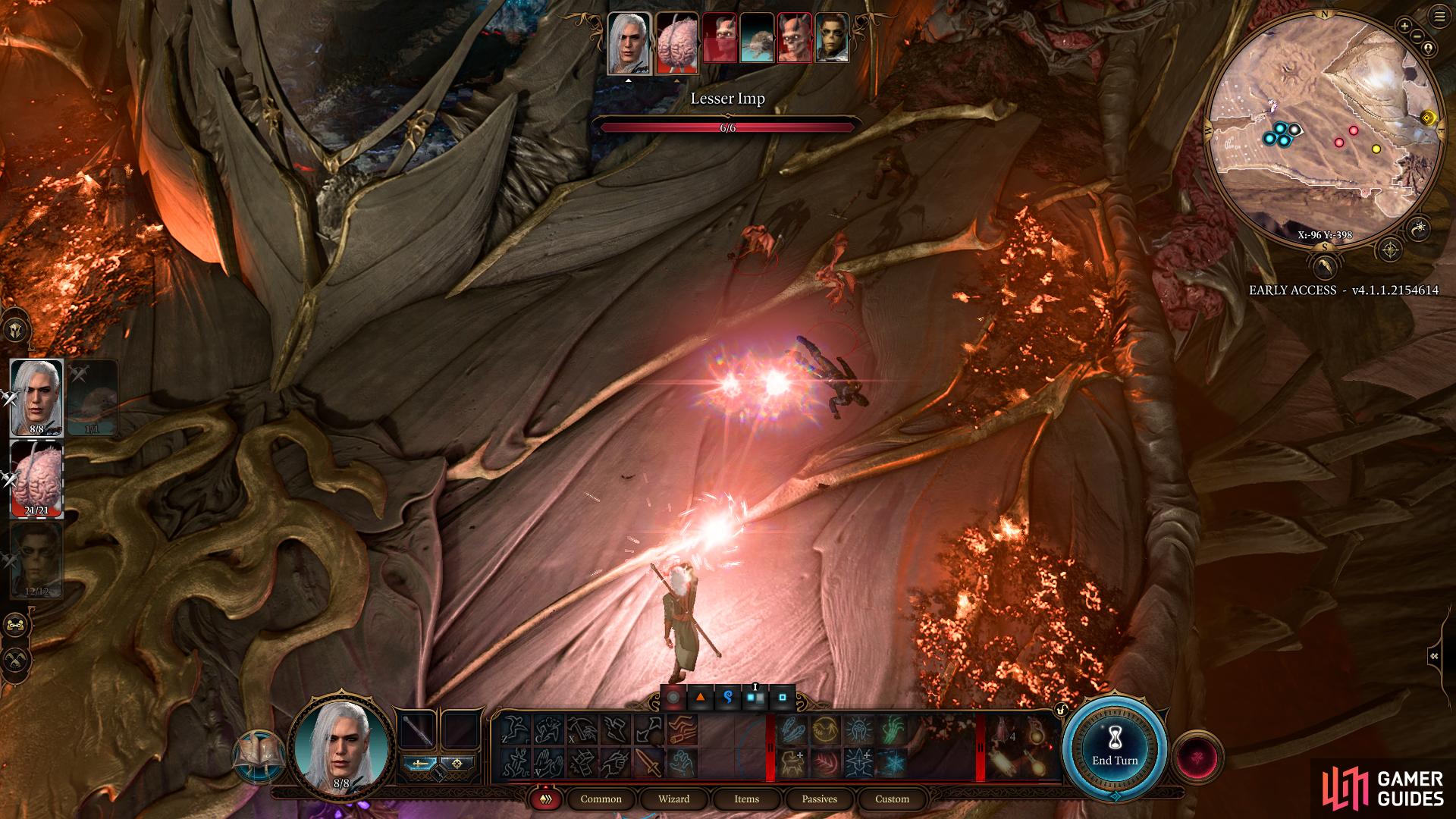
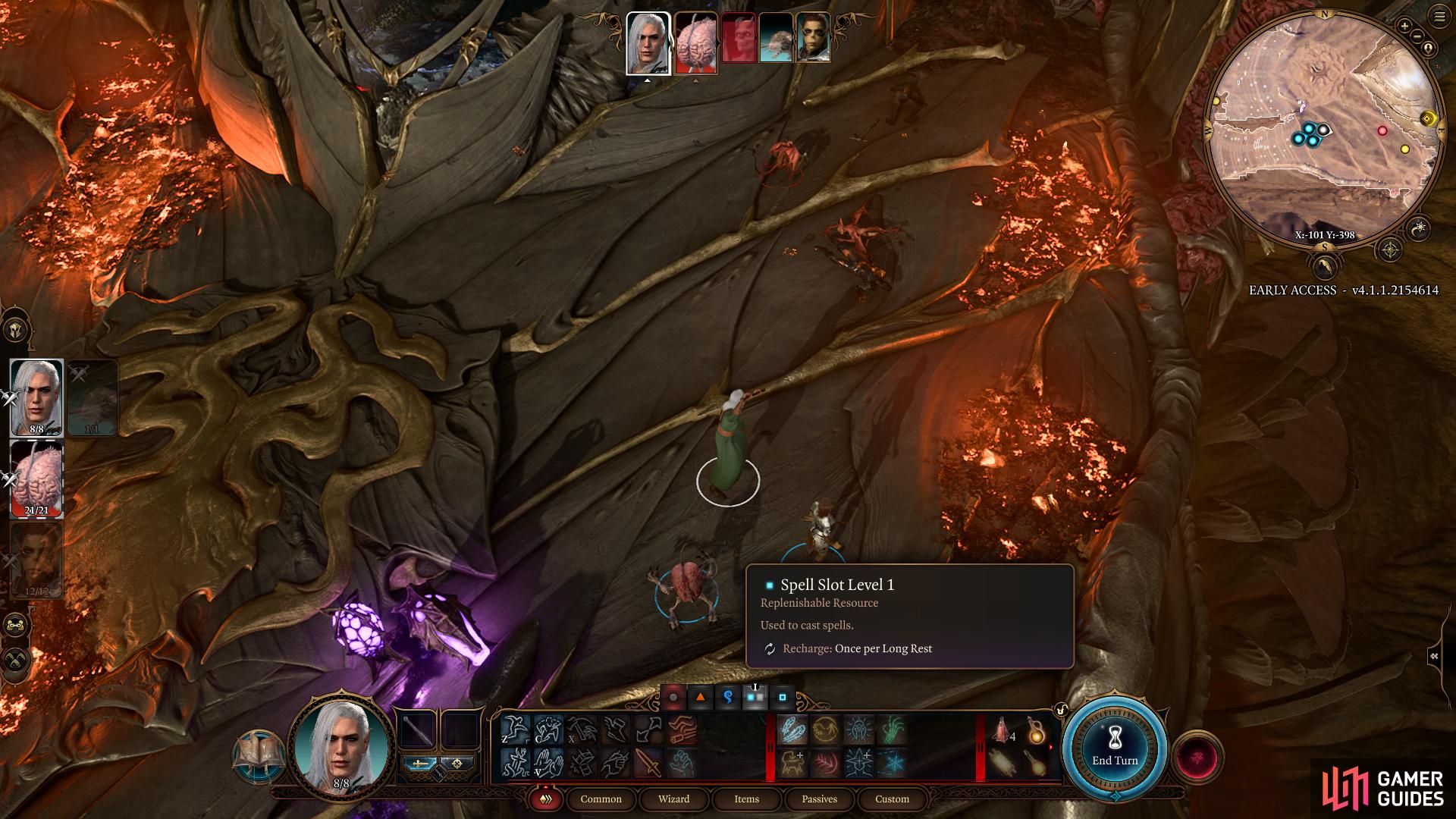
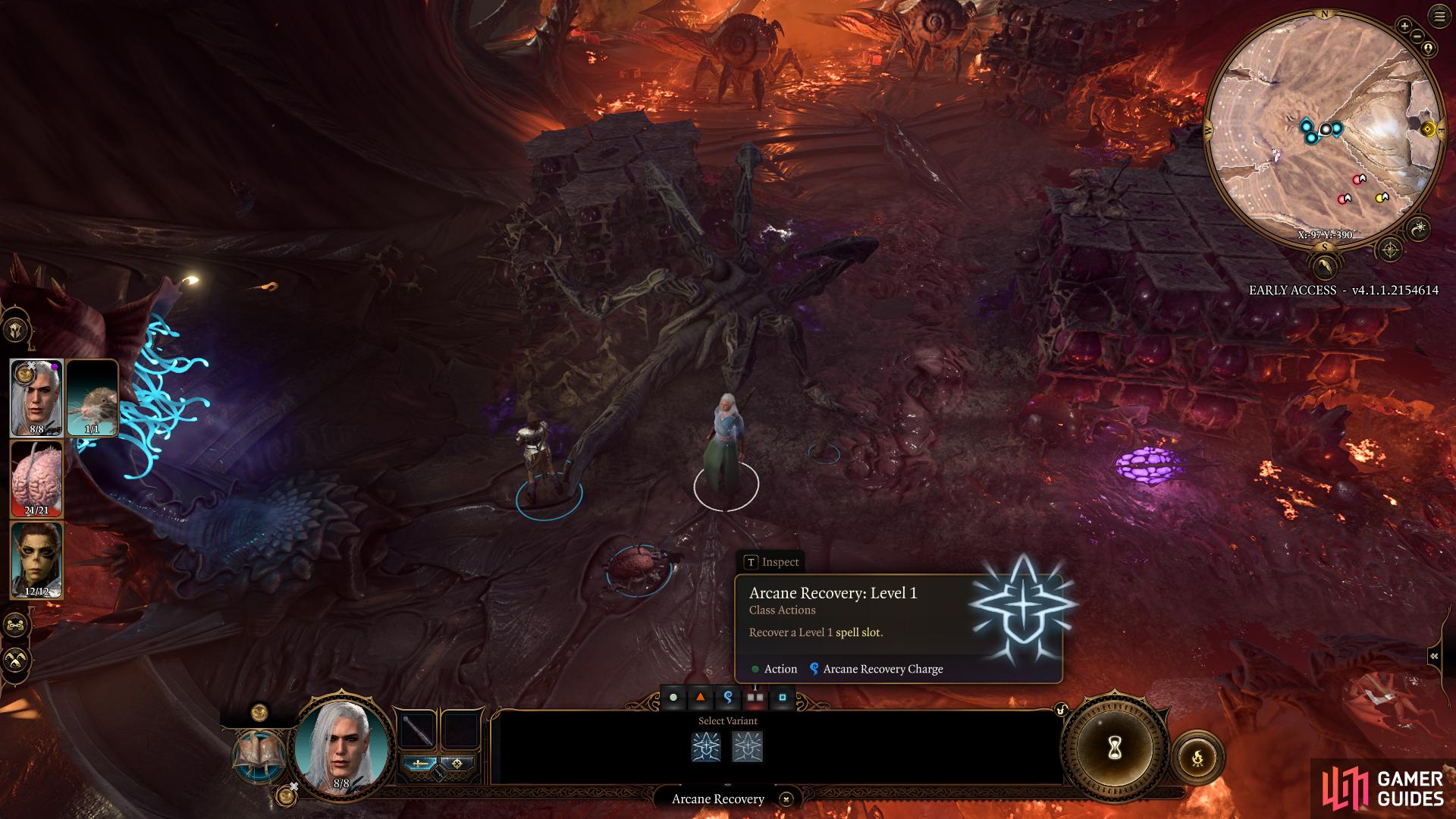

 Sign up
Sign up

No Comments